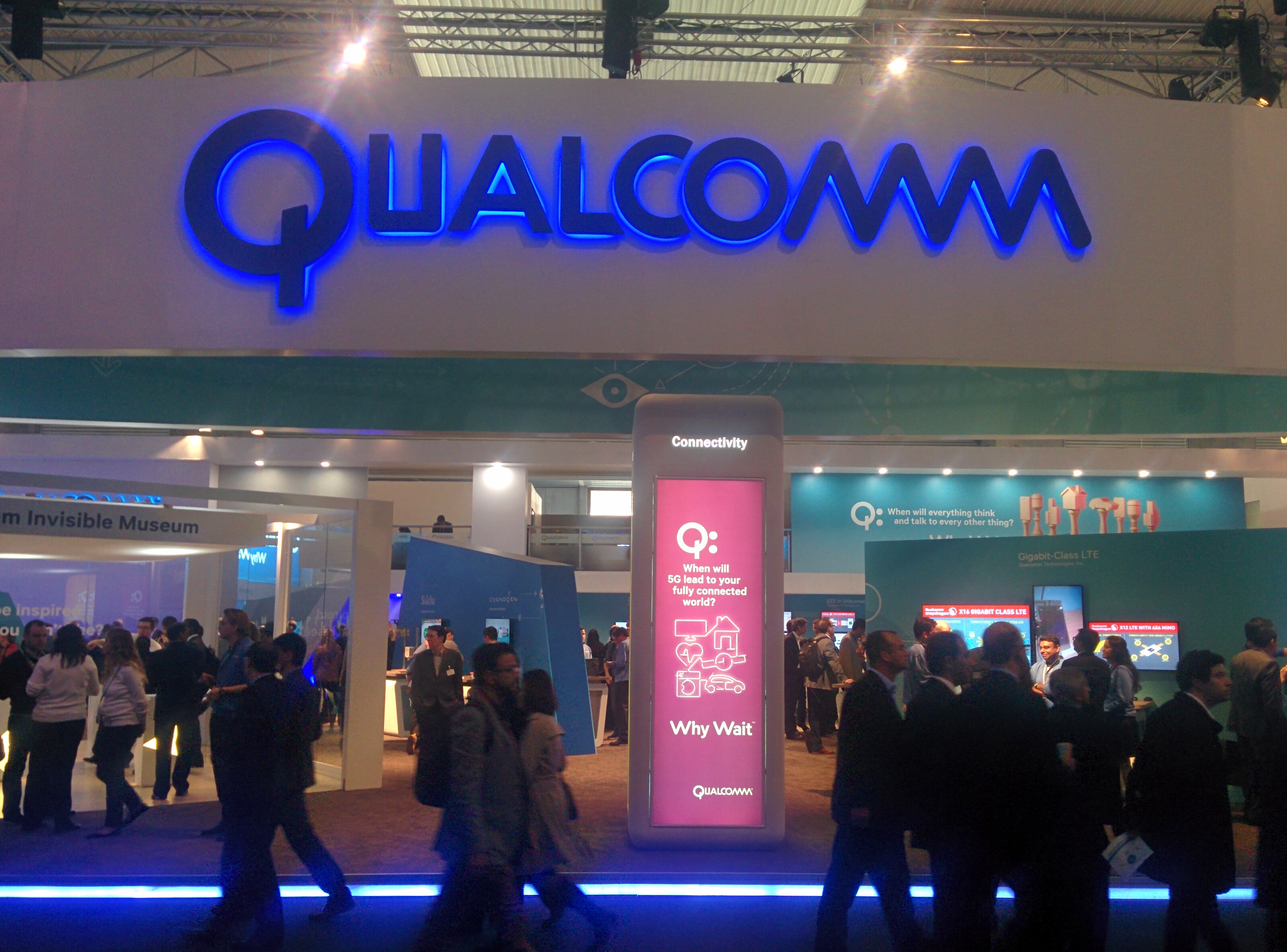

Apple has extended an agreement to use modem chips from Qualcomm in its iPhones for three more years, in an unexpected move that means it will take longer than planned for Apple’s own modem chip efforts to pay off.
Qualcomm’s shares surged up to 8 percent in pre-market trading on Monday on the news, before closing up 3.9 percent.
Qualcomm said in a statement that the deal would cover iPhone launches in 2024, 2025 and 2026.
The news came as Apple prepares to launch its latest iPhone 15 range later on Tuesday, which had been expected to be one of the last to use Qualcomm’s modem chips.
“This agreement reinforces Qualcomm’s record of sustained leadership across 5G technologies and products,” San Diego-based Qualcomm said in a statement.
Apple is Qualcomm’s largest customer, accounting for nearly 25 percent of its revenues, and friction between the two firms in recent years has created doubts around the chip maker’s future prospects.
Apple sued Qualcomm in 2017, saying its licensing fees were onerous, and began developing its own modem chips the following year.
The two companies became entangled in a wide range of intellectual property disputes up to 2019, when they abruptly settled their differences and agreed a new licensing deal.
Apple then purchased Intel’s 5G unit for $1 billion (£800m) to expedite its existing efforts, while looking to displace Qualcomm after 2023.
Qualcomm said the new deal’s terms are similar to those of the 2019 arrangement.
But the terms do leave the door open for Apple to begin introducing its own modem chips alongside those from Qualcomm.
Qualcomm said its planning assumption was that it would supply a 20 percent share of the relevant chips for the 2026 iPhone launch.
Apple’s modem efforts are part of a broader strategy of building more of its own silicon, as it looks to reduce the licensing fees it pays to third parties.
It has made its own central processing chips for mobile devices including iPhones and iPads for several years, based on technology from Cambridge-based tech firm ARM, and last week signed a deal with ARM extending their partnership through 2040 “and beyond”.
In 2020 Apple adapted those mobile chips for use in its Mac desktop and laptop computers, creating the M1 and M2 chips and supplanting the Intel semiconductors that it had used since 2005.
In May of this year Apple struck a multibillion-dollar, multi-year deal with Broadcom for other 5G components.
Third-party sellers reportedly pulling back from participation in Prime Day mega-sale to protect profit margins…
Several buyout firms reportedly interested in NCC Group unit Escode as UK cybersecurity company says…
Apple, Dell supplier Pegatron says tariffs not disrupting manufacturing strategy, but could lead to empty…
Huawei reportedly set to receive first batch of Ascend 910D AI chip samples as it…
About 300 DeepMind UK staff seek unionisation to challenge Google's renewed pursuit of military, surveillance…
Marks & Spencer tells agency staff at central England distribution hub to stay at home…